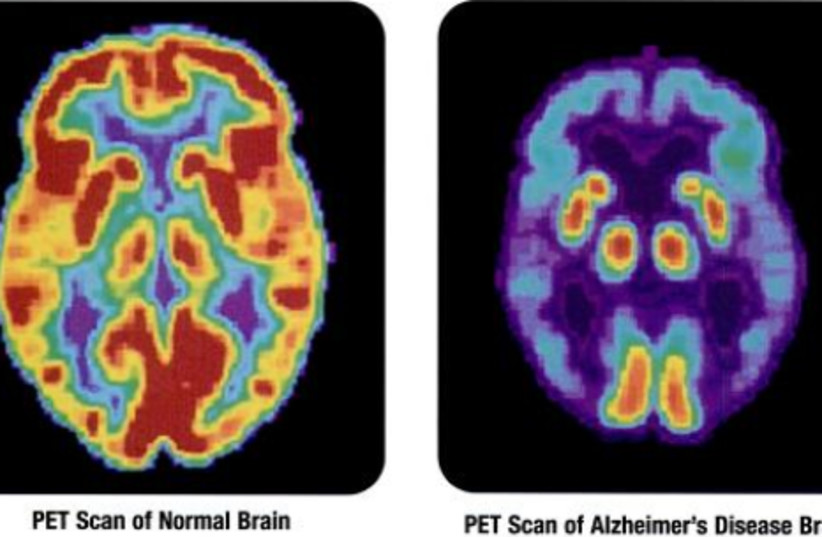ADHD drug atomoxetine may help to slow the progression of Alzheimer’s disease, according to a new study by researchers at the Emory Brine Health Center. Alzheimer's occurs when neurons in the brain become injured and die and connections between neural networks break down. A particular protein, known as tau, contributes to the disease by causing neurofibrillary tangles.
In this peer-reviewed study, 39 patients with mild cognitive impairment were given atomoxetine over the course of 6 months. The drug was shown to reduce inflammation as well as levels of tau in cerebrospinal fluid. The study’s authors believe that atomoxetine can help to increase levels of norepinephrine in the brain and that this may slow the progression of the disease. Atomoxetine has already been in use as an FDA-approved treatment for ADHD in children for almost 20 years.
Previous studies involving mice and rats with Alzheimer’s symptoms have indicated that elevated levels of norepinephrine can have a positive effect on cognitive functions.
The study’s authors say more research is needed, but they’re excited for the potential of where their findings could lead.

Allan Levey, the study’s lead author explained in a press release "We are encouraged by the results of the exam. The treatment is safe, well-tolerated in people with mild cognitive impairment, and regulated the brain neurotransmitter norepinephrine as we hypothesized. In addition, our exploratory studies include imaging and spinal fluid. Promising results for biomarkers. Longer treatment period."
Funding for the study was provided by the Cox and Kenan Family Foundation and the Alzheimer’s Disease Drug Discovery Foundation.
